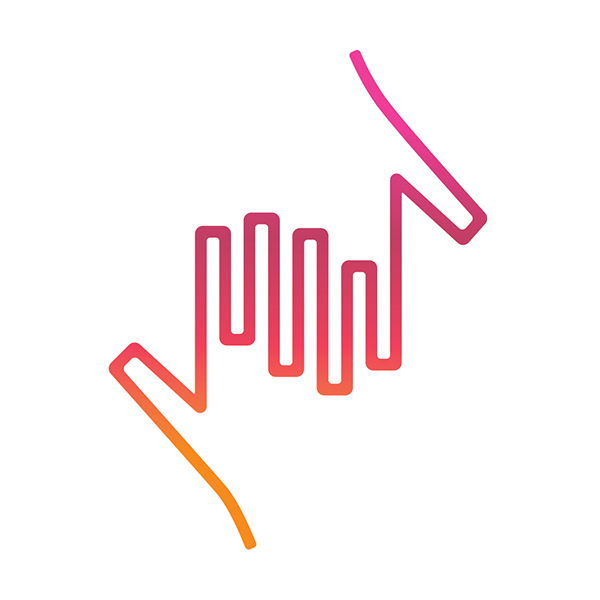PEAK Urban aimed to create a step change in the capacity of cities to achieve sustainable development. One of the key pathways identified to achieve this goal was 'new ways of working', through 'developing a cohort of researchers to work on urban issues with increased ability and networks... across disciplines.'
PEAK's early career researchers have been working on 38 urban projects across our eight participating research centres in five countries. Supporting them to develop capacity to 'think like a city', to frame problems in new ways, and to work with all the tools and actors available to address urban challenges, has been an essential part of the endeavour.
"PEAK Urban recruited an extremely able group of researchers. I'm delighted to have seen them develop during the programme, with most publishing papers in good journals and many moving on to great things - to work in city hall or jump early to academic posts. Above all, it is wonderful to see them working in the interdisciplinary and engaged way that will help change urban futures."
Michael Keith, Principal Investigator, PEAK Urban
The PEAK Urban programme uses a framework with four inter-related components to guide its work.
- The sciences of Prediction are employed to understand how cities evolve using data from often unconventional sources.
- Emergence captures the essence of the outcome from the confluence of dynamics, peoples, interests and tools that characterise cities, which lead to change.
- Adoption signals to the choices made by states, citizens and companies, given the specificities of their places, their resources and the interplay of urban dynamics, resulting in changing local power and influencing dynamics.
- Finally, the Knowledge component accounts for the way in which knowledge is exchanged or shared and how it shapes the future of the city.

